Does a food safe life time granite sealer exist?
mudworm
11 years ago
Related Stories
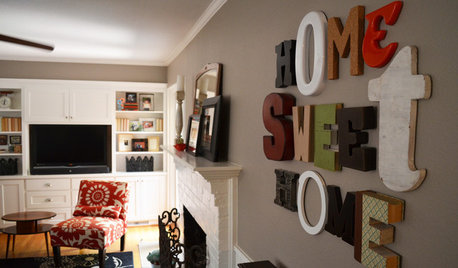
MOST POPULARWhen Does a House Become a Home?
Getting settled can take more than arranging all your stuff. Discover how to make a real connection with where you live
Full Story
FUN HOUZZDoes Your Home Have a Hidden Message?
If you have ever left or found a message during a construction project, we want to see it!
Full Story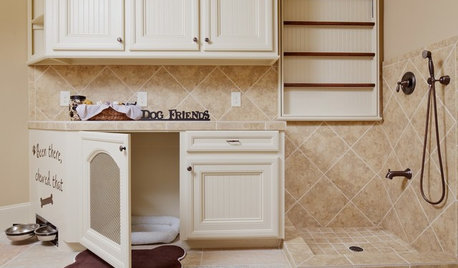
PETSThe Crate Conundrum: A Safe Place for Your Pooch
Get ideas for a comfy den for your dog that works well with your space too
Full Story
LIFE10 Smart Organizing Ideas That Make Life Easier
Rethink where and how you store household basics, from bills to baking supplies, to buy some time and save some headaches
Full Story
GARDENING AND LANDSCAPINGPorch Life: Banish the Bugs
Don't let insects be the bane of your sweet tea and swing time. These screening and product ideas will help keep bugs at bay on the porch
Full Story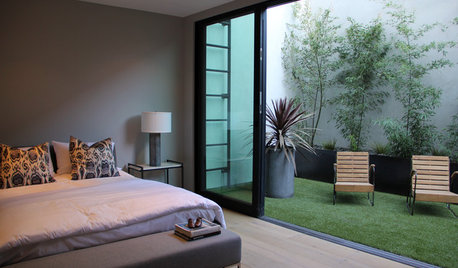
LANDSCAPE DESIGNIs It Time to Consider Fake Grass?
With more realistic-looking options than ever, synthetic turf can be a boon. Find the benefits and an installation how-to here
Full Story
FARM YOUR YARDHello, Honey: Beekeeping Anywhere for Fun, Food and Good Deeds
We need pollinators, and they increasingly need us too. Here, why and how to be a bee friend
Full Story
FARM YOUR YARDTo Get the Food They Believe In, These Urbanites Grow Their Own
Home gardeners farming on their city lots find that local, organic food isn’t the only reward
Full Story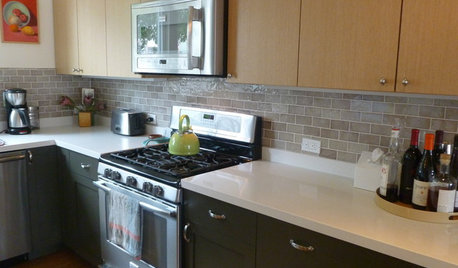
KITCHEN DESIGNPearls of Wisdom From a Real-Life Kitchen Remodel
What your best friend would tell you if you were embarking on a renovation and she'd been there, done that
Full Story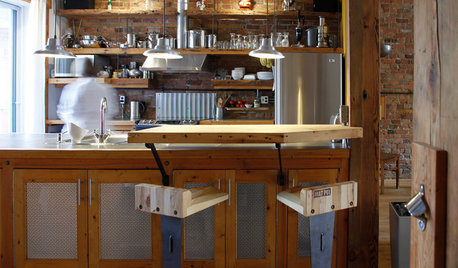
KITCHEN DESIGNPersonal Style: 50 Clever Real-Life Kitchen Design Details
Get ideas from savvy homeowners who have a knack for creating kitchens celebrating personal style
Full StoryMore Discussions






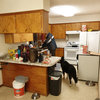

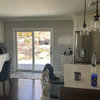
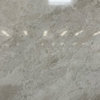
nancylouise5me
Granite City Services
Related Professionals
Agoura Hills Kitchen & Bathroom Designers · Beavercreek Kitchen & Bathroom Designers · Bloomington Kitchen & Bathroom Designers · Fox Lake Kitchen & Bathroom Designers · Glens Falls Kitchen & Bathroom Designers · Pleasant Grove Kitchen & Bathroom Designers · Springfield Kitchen & Bathroom Designers · St. Louis Kitchen & Bathroom Designers · Lomita Kitchen & Bathroom Remodelers · Weston Kitchen & Bathroom Remodelers · South Jordan Kitchen & Bathroom Remodelers · Crestline Cabinets & Cabinetry · Eureka Cabinets & Cabinetry · Foster City Tile and Stone Contractors · Mill Valley Tile and Stone Contractorseleena
mudwormOriginal Author
friedajune
Gina_W
suzanne_sl
weissman
jakuvall
chiefneil
a2gemini
a2gemini
williamsem
a2gemini
williamsem